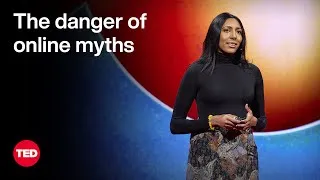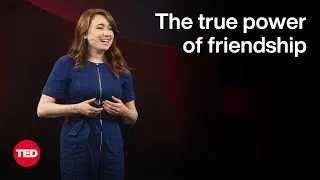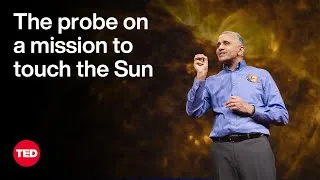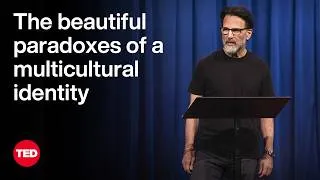Why you don’t like the sound of your own voice | Rébecca Kleinberger
1,462,265 views ・ 2018-05-24
Dubbelklicka på de engelska undertexterna nedan för att spela upp videon.
New videos
Original video on YouTube.com
På den här webbplatsen hittar du YouTube-videor som är användbara för att lära sig engelska. Du kommer att få se engelska lektioner som ges av förstklassiga lärare från hela världen. Dubbelklicka på de engelska undertexterna som visas på varje videosida för att spela upp videon därifrån. Undertexterna rullar i takt med videouppspelningen. Om du har några kommentarer eller önskemål kan du kontakta oss via detta kontaktformulär.







